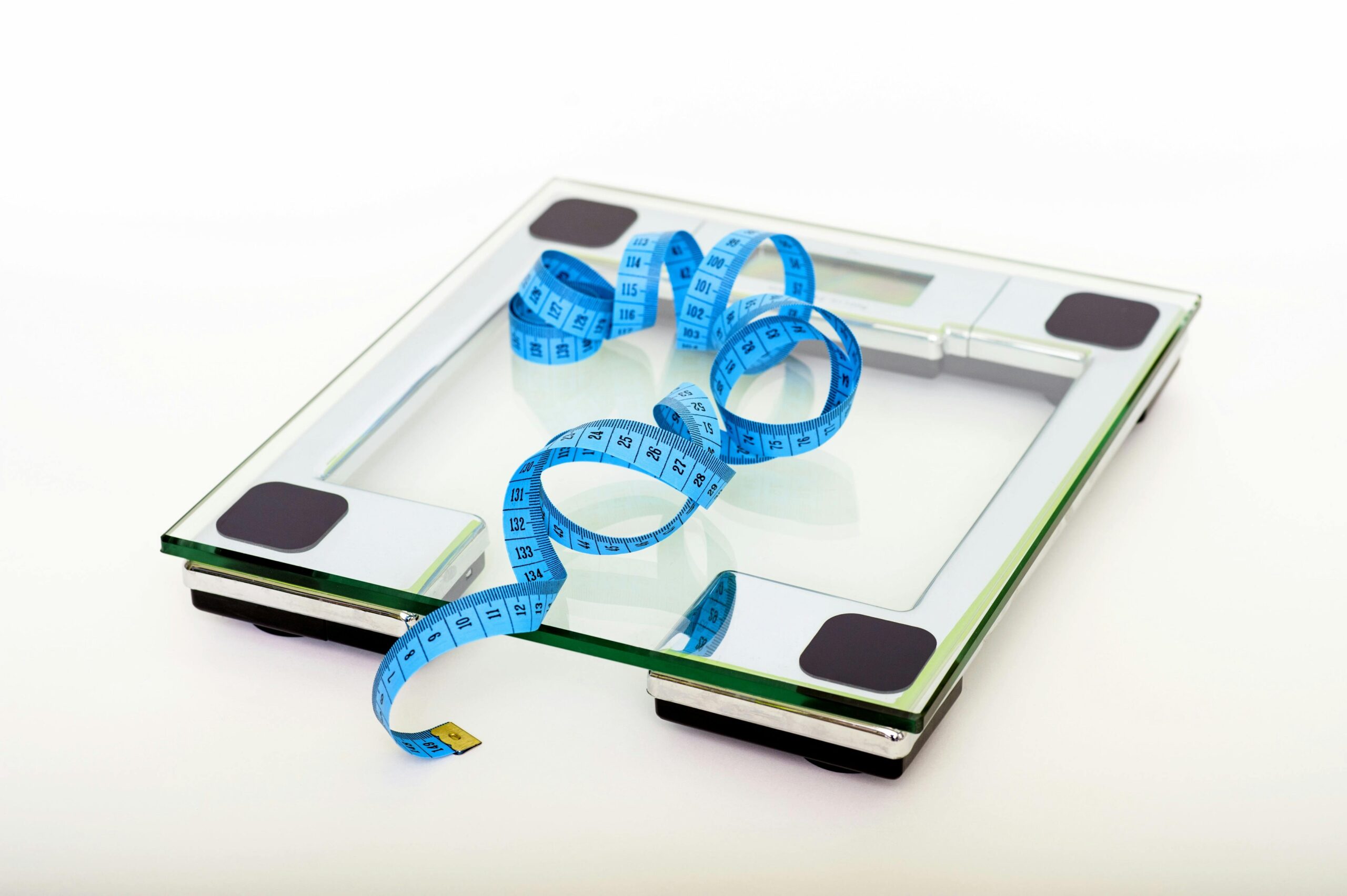Maintaining a healthy weight is crucial for overall well-being. Two key concepts in weight management are Ideal Body Weight (IBW) and Adjusted Body Weight (ABW). These metrics help individuals and healthcare professionals assess healthy weight ranges and make informed decisions about nutrition, fitness, and medical treatments. In this blog, we’ll explore what these terms mean, why they matter, and how you can calculate them using our interactive calculator.
Use the calculator below to determine your Ideal Body Weight and Adjusted Body Weight. Simply input your height, gender, and actual body weight, and let the calculator do the rest!
Adjusted Body Weight Calculator
What is Ideal Body Weight (IBW)?
Ideal Body Weight (IBW) is an estimate of the weight considered healthy for an individual based on their height, gender, and sometimes frame size. It serves as a guideline for achieving a weight that supports optimal health and reduces the risk of chronic diseases such as diabetes, heart disease, and joint issues.
IBW is often calculated using formulas like the Devine Formula, which is widely used in medical settings:
- For men: IBW = 50 kg + 2.3 kg per inch over 5 feet
- For women: IBW = 45.5 kg + 2.3 kg per inch over 5 feet
These formulas provide a baseline, but factors like muscle mass and body composition may also influence what’s ideal for you.
What is Adjusted Body Weight (ABW)?
Adjusted Body Weight (ABW) is a calculation used primarily for individuals who are significantly overweight or obese. It adjusts the IBW to account for excess body fat, which is less metabolically active than lean tissue. ABW is commonly used in clinical settings, such as determining medication dosages or nutritional needs, to avoid over- or underestimating requirements.
The formula for ABW is:
ABW = IBW + 0.4 × (Actual Body Weight − IBW)
This formula assumes that 40% of the excess weight (above IBW) is metabolically active lean tissue, providing a more accurate weight estimate for medical purposes.
Why Are IBW and ABW Important?
Understanding Ideal Body Weight and Adjusted Body Weight is essential for several reasons:
- Health Monitoring: IBW helps individuals set realistic weight goals to improve health outcomes.
- Medical Applications: ABW is critical for calculating safe and effective doses of medications, especially for obese patients.
- Nutritional Planning: Both metrics guide dietary recommendations to support weight management or recovery.
- Fitness Goals: Knowing your IBW can help you plan exercise routines that align with maintaining or achieving a healthy weight.
Conclusion
Understanding Ideal Body Weight and Adjusted Body Weight empowers you to make informed decisions about your health. Whether you’re aiming to lose weight, optimize medical treatments, or plan a balanced diet, these metrics provide valuable insights. Use our calculator to get started, and always consult with a healthcare professional for personalized advice.
FAQs About Adjusted Body Weight
For men: IBW (kg) = 50 + 2.3 × (height in inches − 60)
For women: IBW (kg) = 45.5 + 2.3 × (height in inches − 60)
For a woman who is 5’3″ (160 cm), an ideal weight range is generally considered to be between 49 and 61 kg. This range corresponds to a BMI between 19 and 24
70 kilogram is approximately 154.32 pound.
To calculate height, measure from the bottom of the feet to the top of the head using a measuring tape or stadiometer.
The average weight for adult males varies by country, but globally, it’s around 137 to 197 pounds (62 to 89 kg). In the U.S., the average is approximately 199.8 pounds (90.7 kg).

